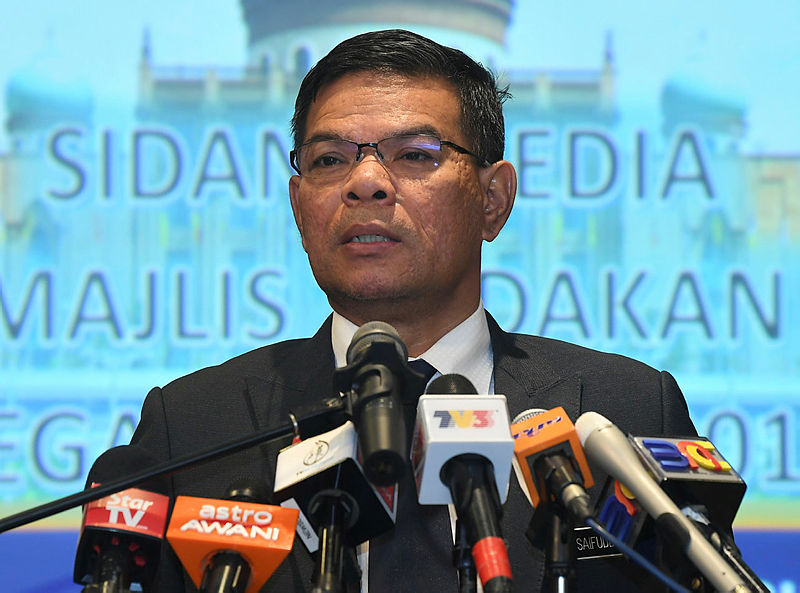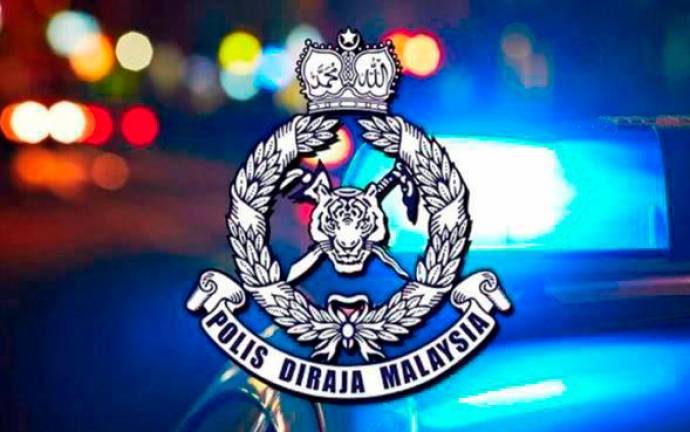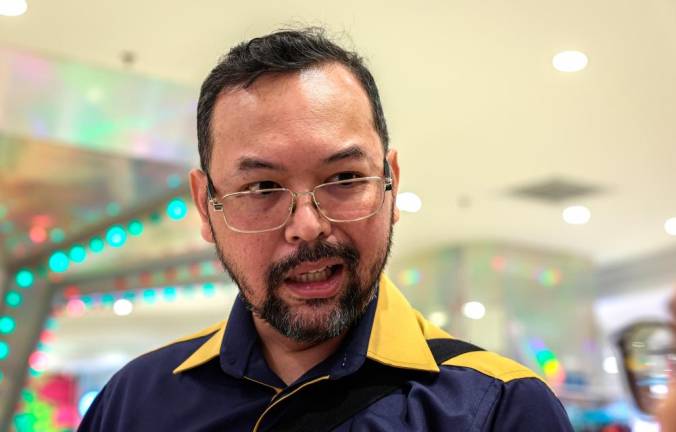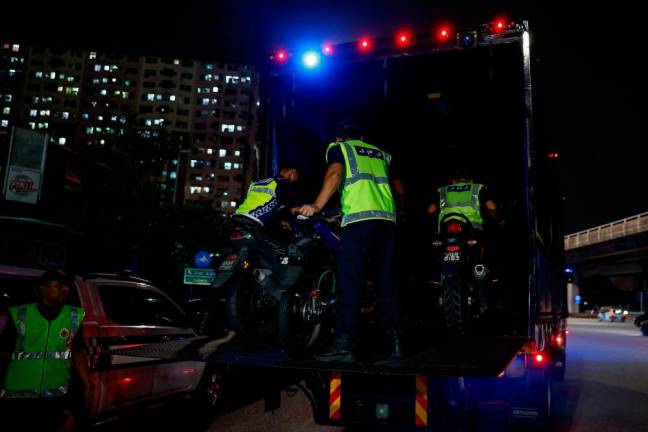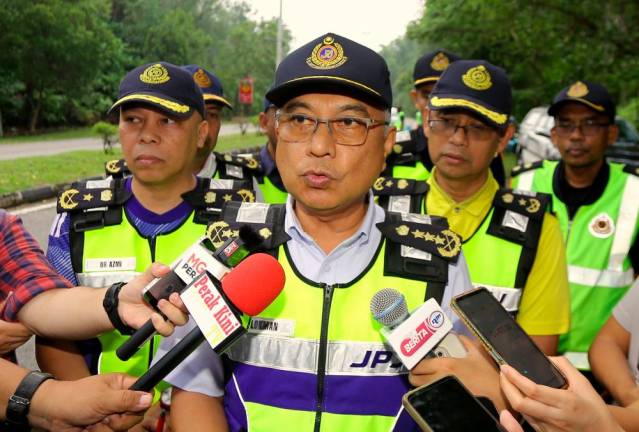KUALA LUMPUR: The targeted subsidy policy for RON95 petrol could be extended to other goods if it proves to be a success, Domestic Trade and Consumers Affairs Minister Datuk Seri Saifuddin Nasution Ismail (pix) said at the Dewan Rakyat today.
“We intend to extend the targeted subsidy policy to other subsidised goods if the implementation on RON95 petrol is successful,” said Saifuddin when responding to a supplementary question from S. Kesavan (Sg Siput-PH).
Kesavan earlier asked Saifuddin on how the targeted petrol subsidy would benefit the B40 group.
The targeted subsidy for RON95 petrol was announced in Budget 2019 and will be implemented this year.
It was reported that owners of cars and motorcycles with 1,500cc and 125cc engines will receive subsidies at 30 sen per litre.
The subsidy for car owners will be limited to 100 litres of petrol monthly, while motorcycle owners will get 40 litres monthly.
The government had allocated some RM2 billion for this new initiative which will benefit over four million car owners and 2.6 million motorcyclists.
Saifuddin said the government would use the Cost of Living Aid (BSH) data to identify recipients of the targeted petrol subsidy.
“The ministry would also engage with various parties comprising petrol companies, petrol station operators, consumer groups and also economists to ensure proper implementation of the programme,“ he said.
Saifuddin also pointed out that there would be no compensation paid to petrol station operators.
To opposition leader Ismail Sabri Yaakob’s (Bera-BN) question on whether the subsidy will be given per person, or per vehicle, the petrol volume allowed for individuals or vehicles, and if there will be special coupons or cards given to be used at petrol kiosks, Saifuddin said : “The bottom line is we do not want chaos on the day of implementation.
“Some BSH recipients, especially those in the rural areas don’t have bank accounts. We have asked banks to assist them to open up accounts. Under this method, the subsidy can go into their accounts and we can have the same price at the pumps.
“Another option is to issue petrol cards. That can help us record transactions and consumer spending. We can study the data for subsidy policies for other consumer goods in the future,” Saifuddin said.



